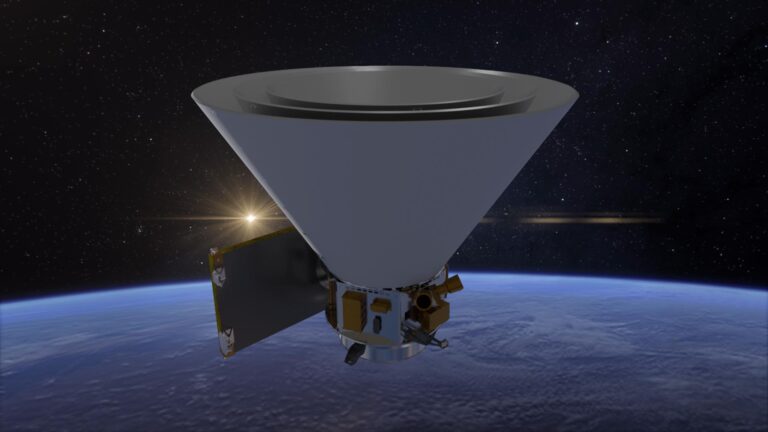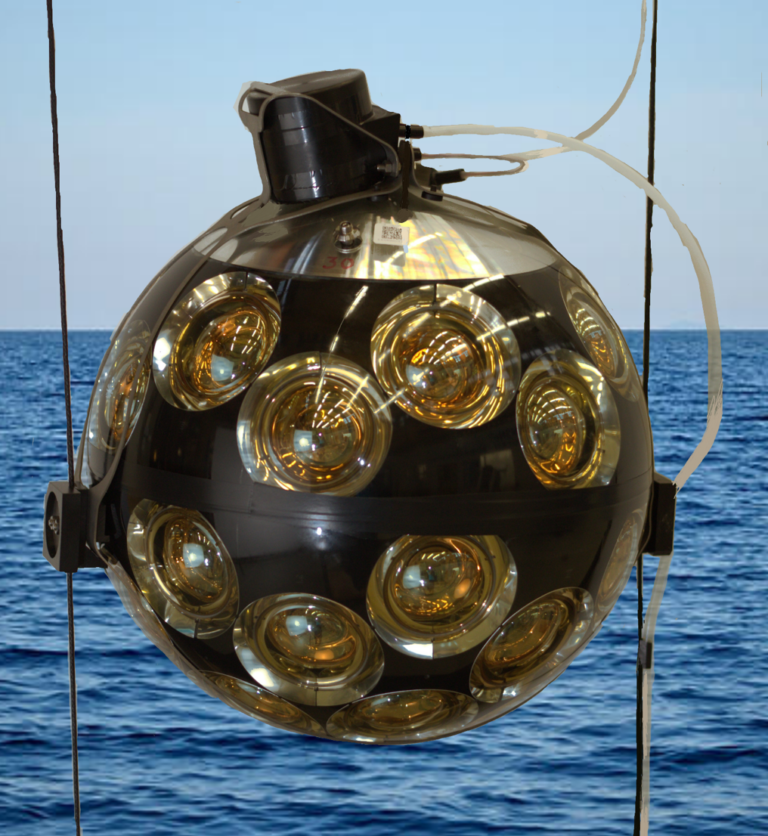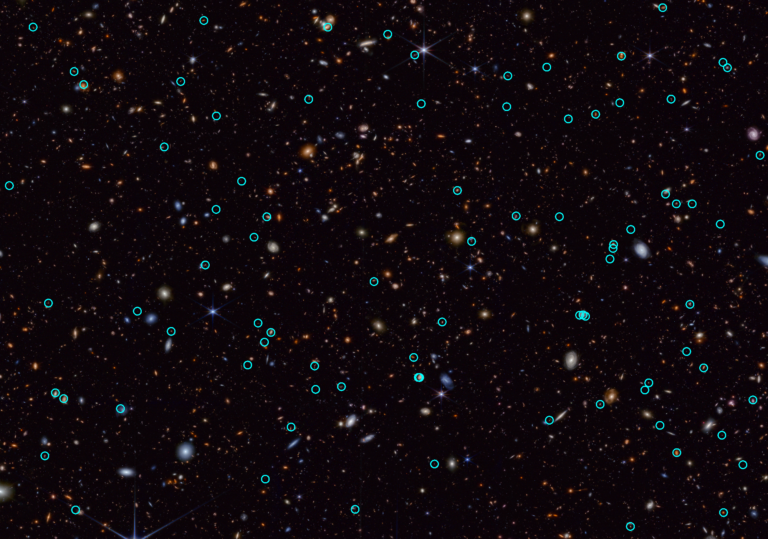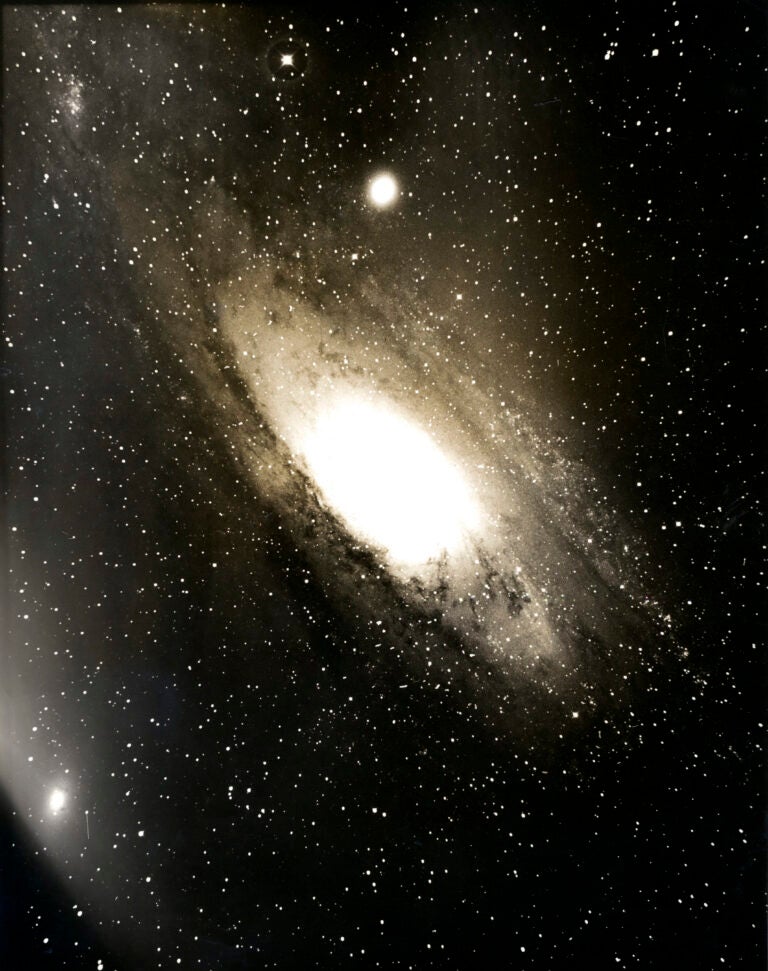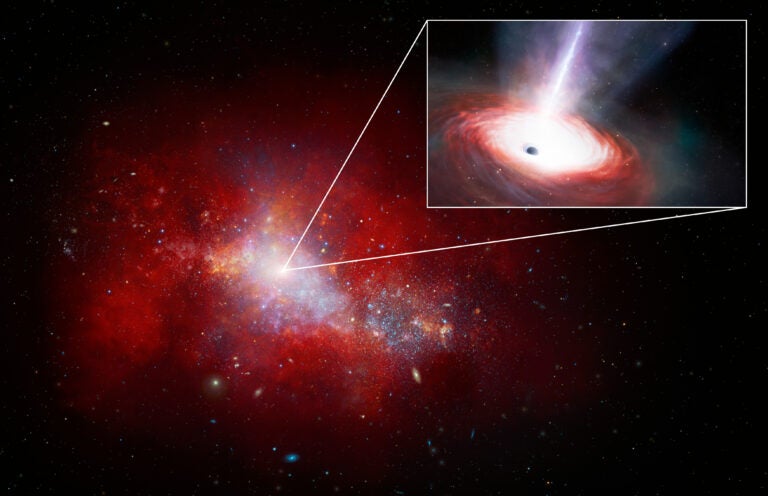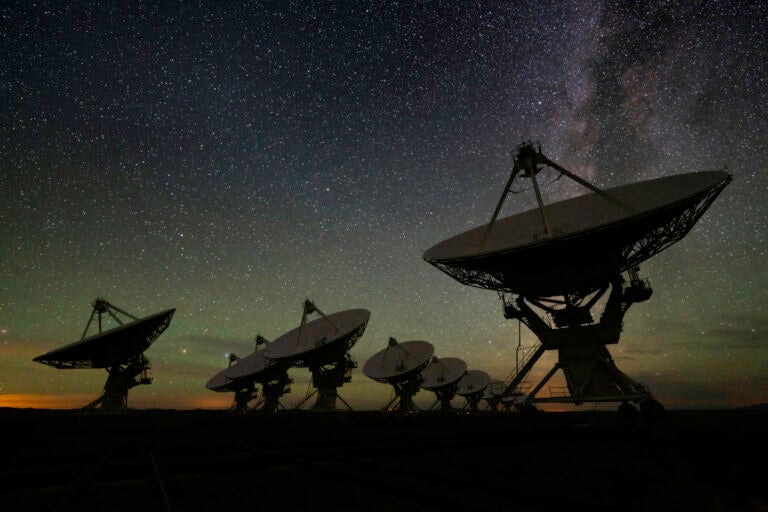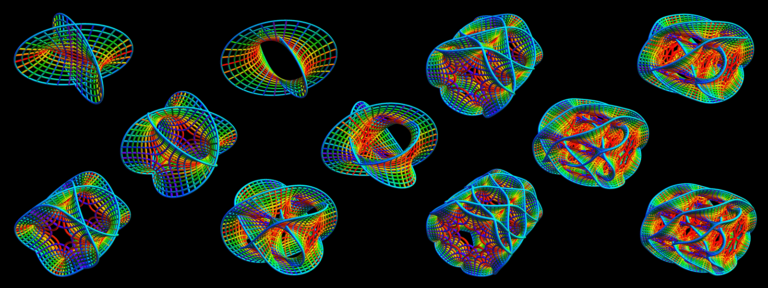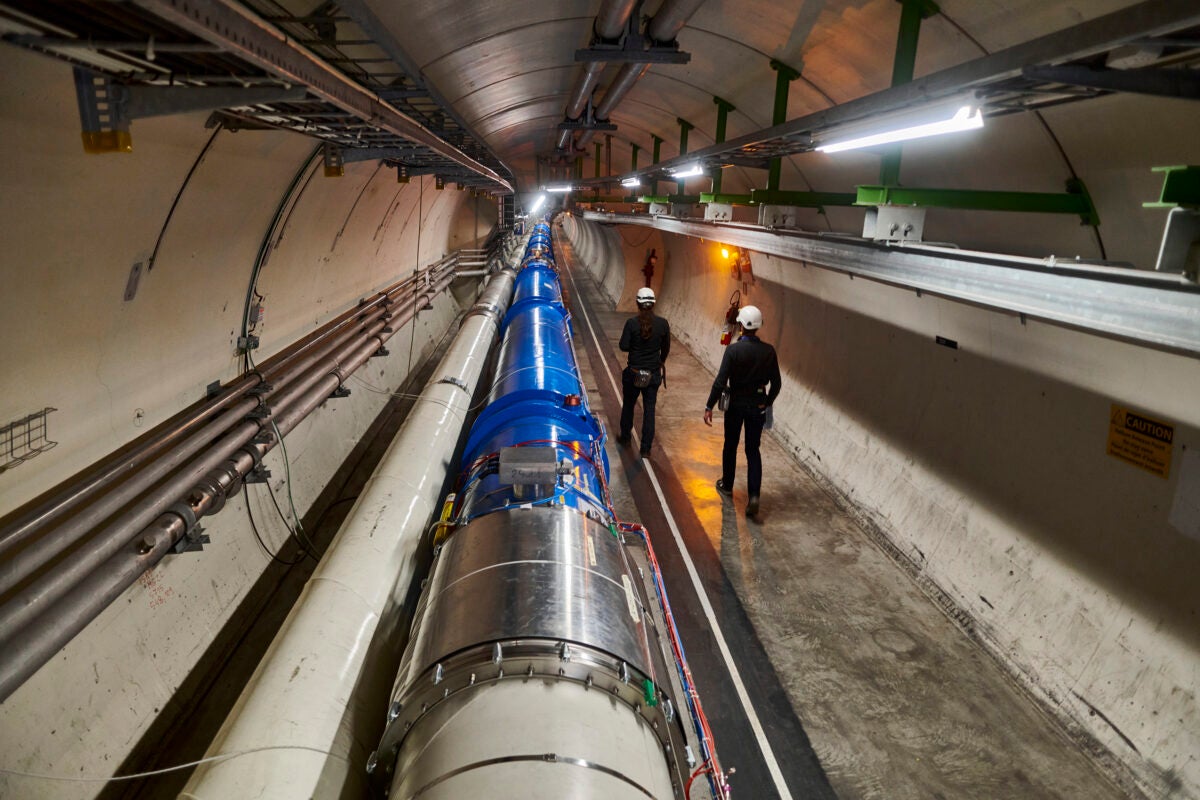
We all accept that the coldest temperature any object can reach is absolute zero. Is there a theoretical maximum temperature anything can attain?
Stephen Kitterman
Thomasville, North Carolina
Temperature is a measure of the average energy of a collection of particles. (This is in contrast to kinetic energy, which is a measure of the energy carried by a single particle.) So, to answer a question about temperature, we have to find some collection of particles to measure.
One such collection is found in the core of our Sun, where temperatures of about 15 million kelvins (27 million degrees Fahrenheit or 15 million degrees Celsius) are reached. Very massive stars can have core temperatures upwards of 500 million kelvins (900 million F or 500 million C). Just before a massive star explodes as a supernova, some theoretical models predict its core can reach temperatures above 100 billion kelvins in the process of imploding, as it approaches the extremely high density of a neutron star.
Before the universe was one second old, matter was a dense plasma of nucleons and elementary particles at densities higher than that of lead. We can predict the temperature of this plasma, T, in kelvins using the formula T = 1010/√t, where t is the time in seconds since the Big Bang. By 10 microseconds, the average temperature of the universe’s contents is 3 trillion kelvins, equivalent to the energies that the Large Hadron Collider explores in quark-gluon plasmas (about 300 million electron volts). But depending on how far back (i.e., closer in time to the Big Bang) you want to push, you can get still-higher temperatures.
The theoretical limit may be what is called the Planck temperature of 1032 kelvins, derived by using the fundamental constant for gravity (G), the speed of light (c), Planck’s constant (h), and the Boltzmann constant (k). This is believed to be the limit where space and time break down due to quantum gravity effects and you can’t put more energy into a system of particles without creating quantum black holes for your effort.
Sten Odenwald
Senior Outreach Coordinator, NASA HEAT Program, Kensington, Maryland

